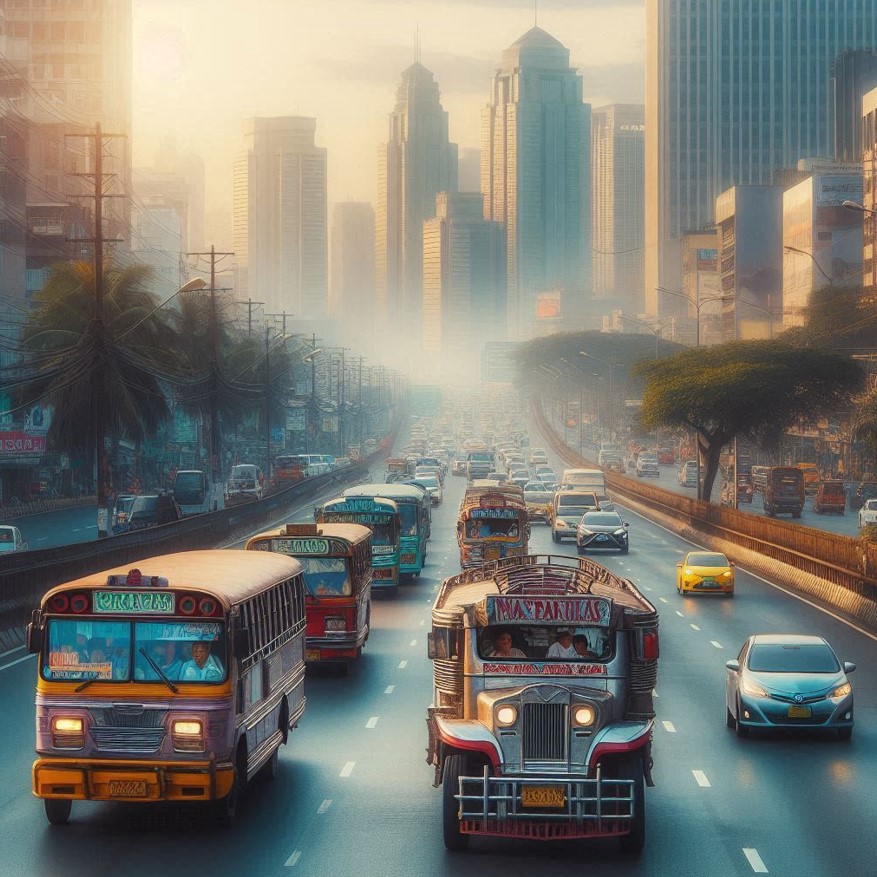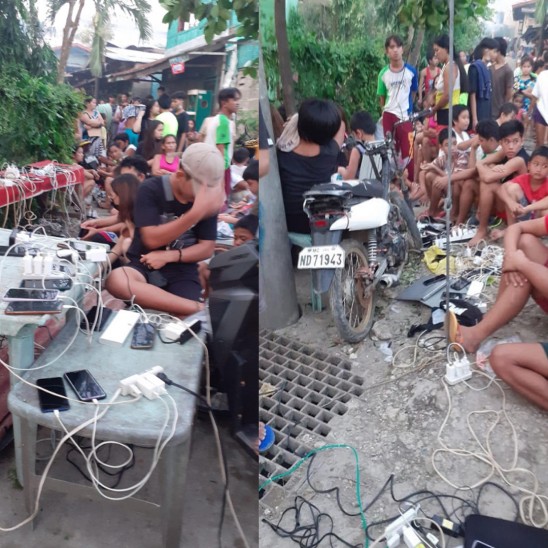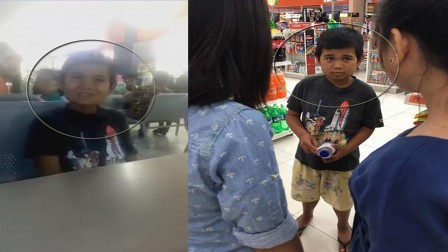There are instances where tricycle drivers are seen as overly aggressive in touting for passengers, which can be off-putting for some people. Instances of these drivers violating traffic rules, such as running red lights or not yielding to pedestrians, contribute to a negative image.
Feedback from daily communicators cited that drivers in the Philippines have poor customer service skills. Passengers sometimes experience rude or unhelpful behavior from bus drivers, leading to dissatisfaction and complaints. Instances of rude or unprofessional behavior, such as shouting or cursing at passengers, sometimes end up to a bloody fight.
Safety is a significant factor affecting passenger satisfaction. Concerns about the overall safety of the ride, including the condition of the jeepney and the driver’s adherence to traffic rules, are common.
Meanwhile, the noise generated by tricycles, old jeepneys and buses, especially in residential areas, can be a source of annoyance. Additionally, older tricycles may emit more pollution, contributing to environmental concerns.
While there are valid concerns about the behavior and driving habits of tricycle, bus, and jeepney drivers, it’s important to recognize the essential role they play in the transportation system, especially in areas where other forms of public transport are less accessible. Addressing these issues requires a comprehensive approach, including better training, improved working conditions, and increased public awareness. By working together, we can create a safer and more efficient public transportation system for everyone.
Have you had any specific experiences with public transport drivers that you’d like to share? Your stories and insights can help shed light on these issues and contribute to finding solutions.









